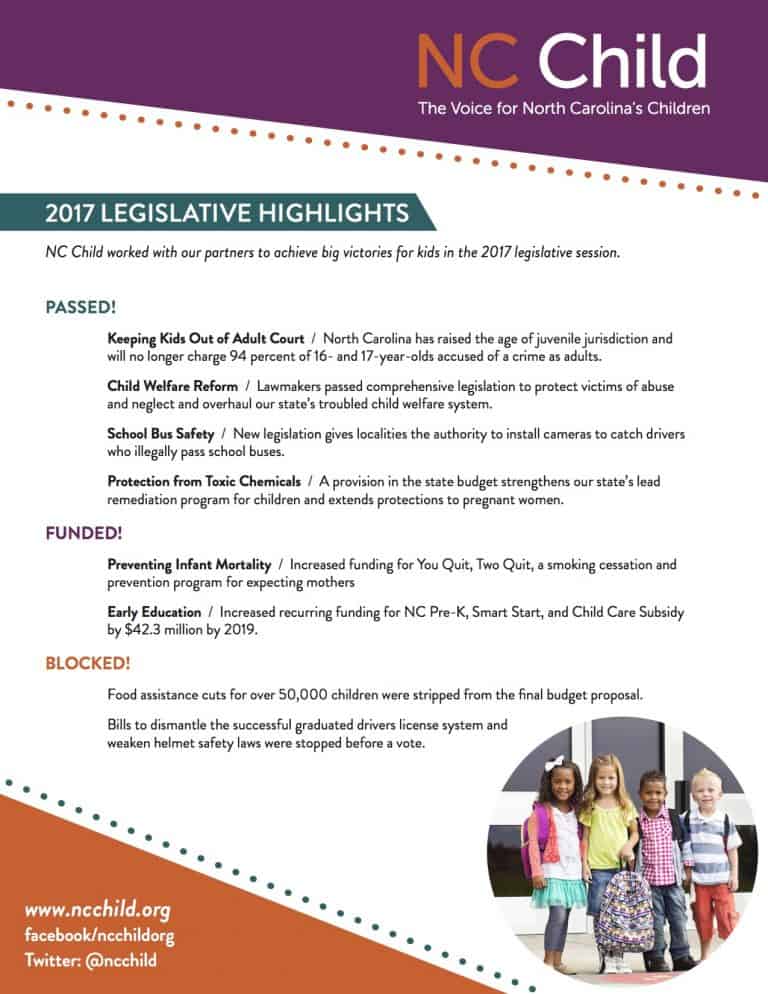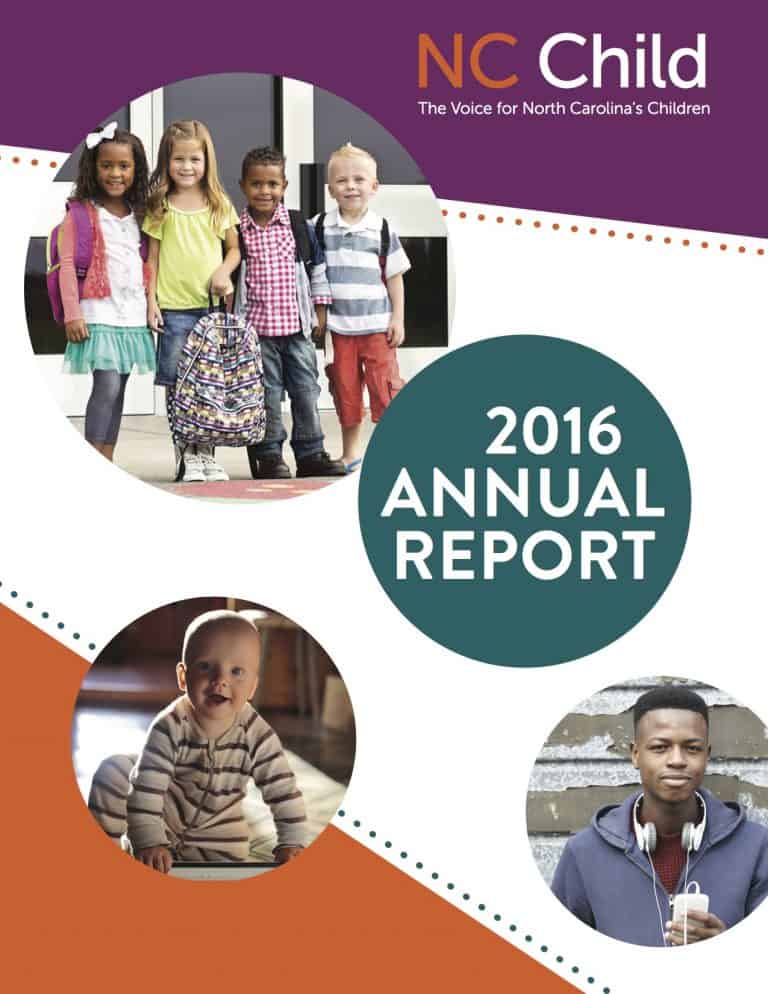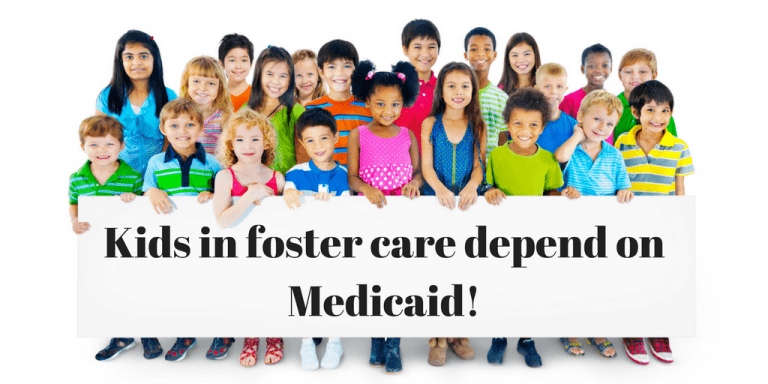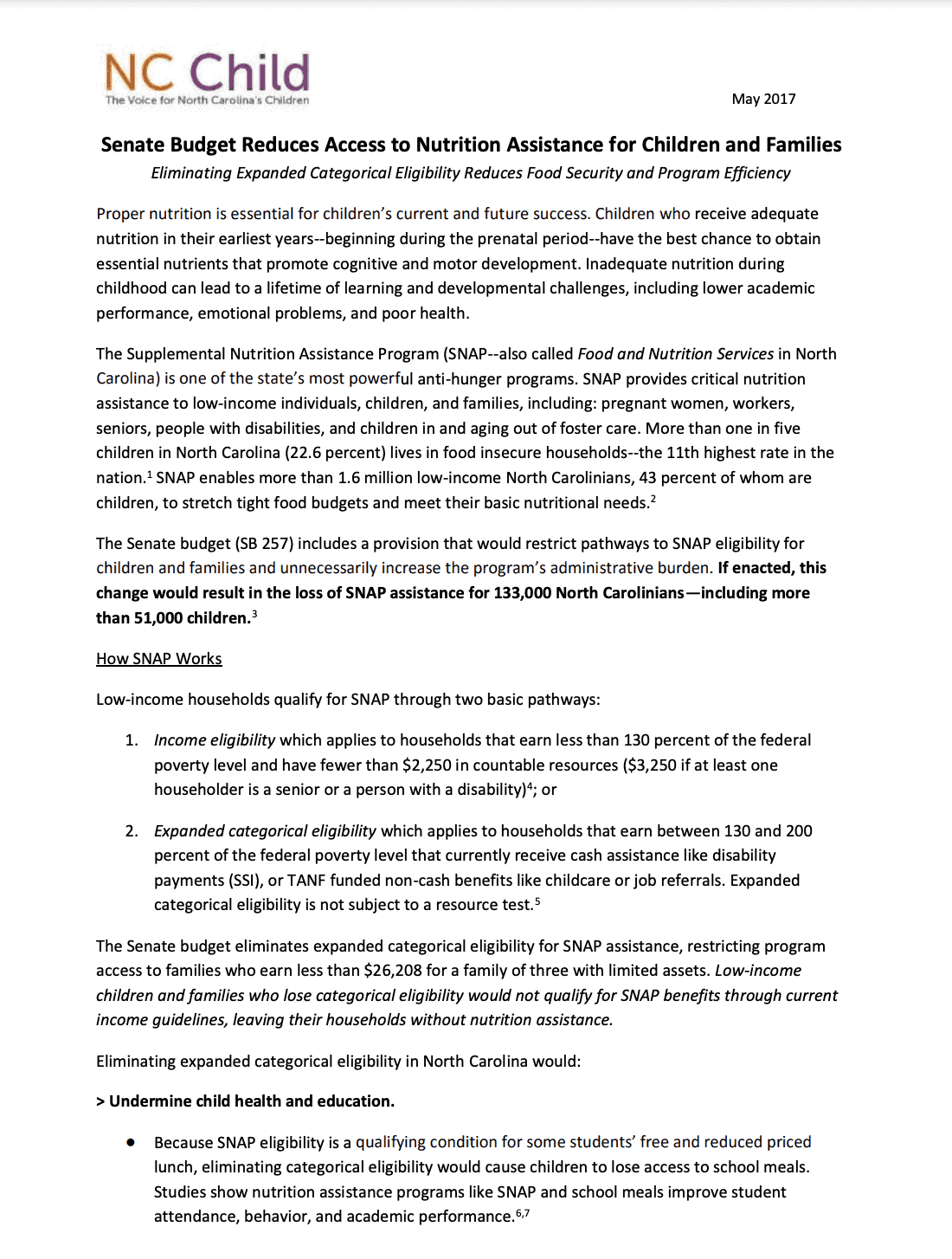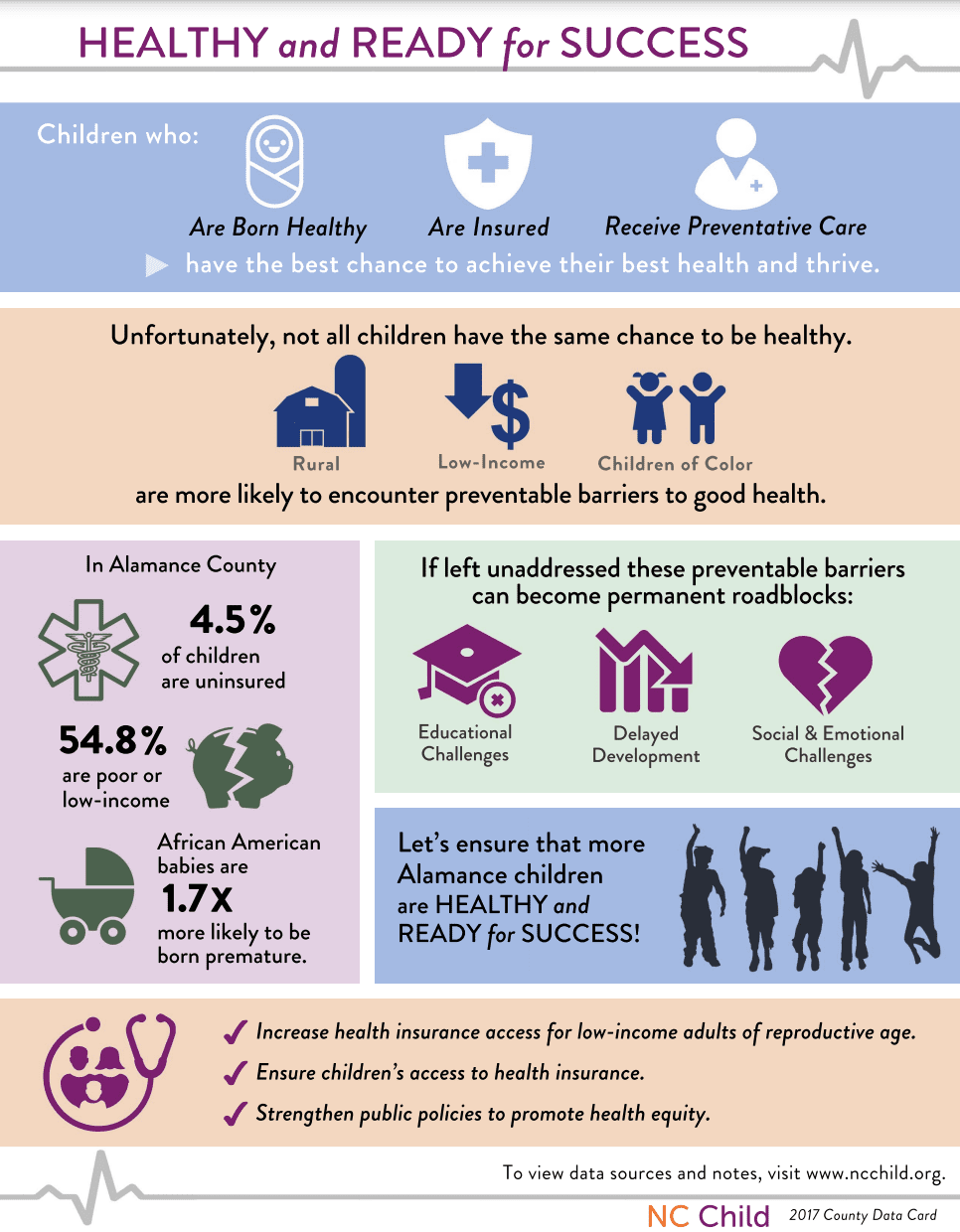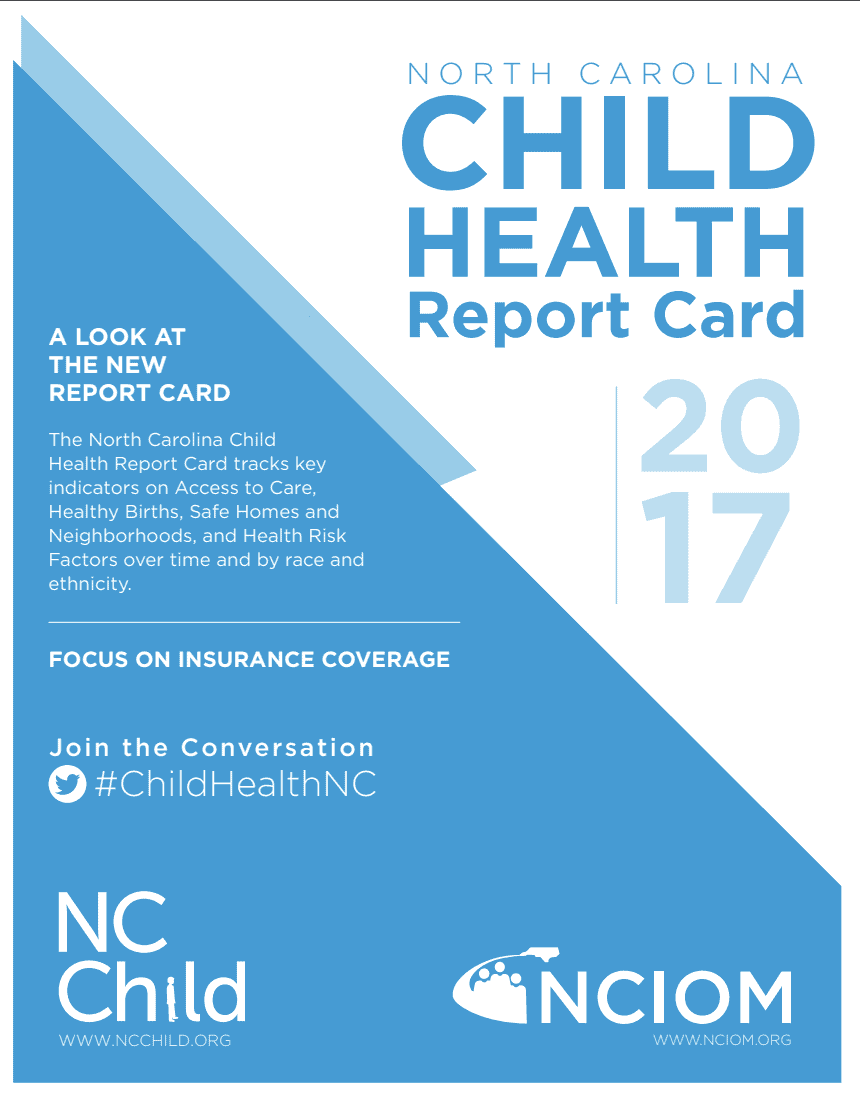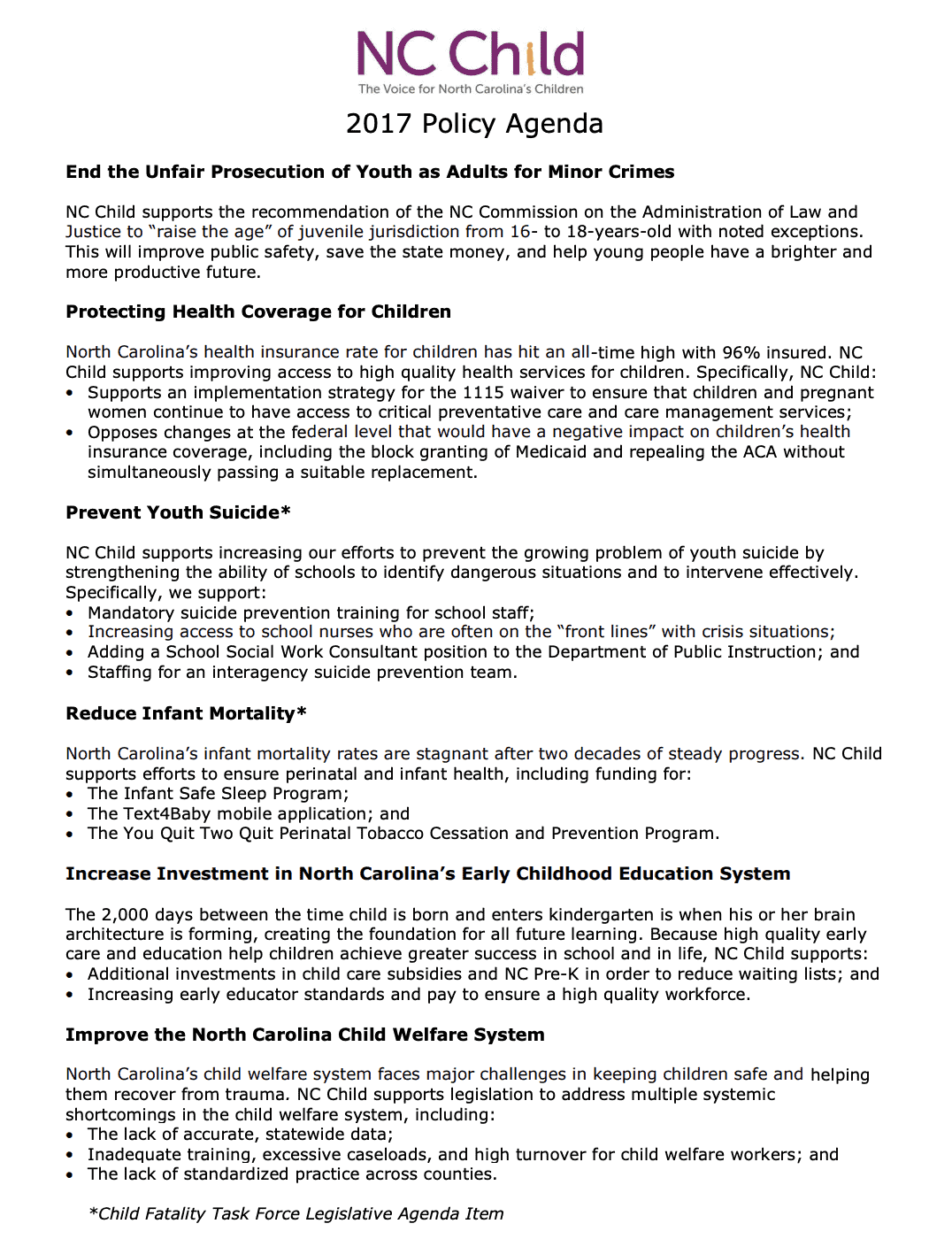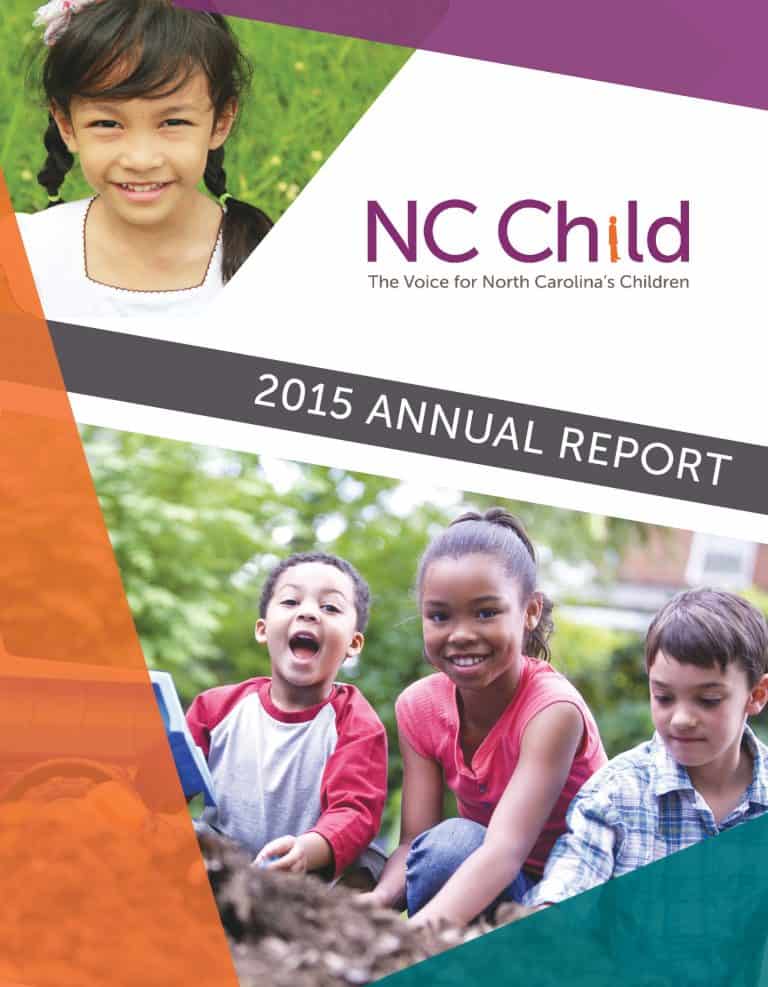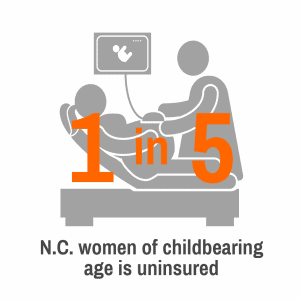
Giving Birth in North Carolina Is Still a Risky Business
February 2018
Safe pregnancies and healthy babies are inextricably tied to the pre- and post-conception health of mothers. Data show that maternal health factors are a leading contributor to birth outcomes such as fetal viability and infant mortality. Unfortunately in North Carolina, barriers to affordable and consistent healthcare for women pre- and post-conception contribute to stubbornly high rates of fetal and infant death each year, despite advances in clinical care.
In 2016, NC Child published a brief outlining the potential positive benefits of expanded health care coverage on infant mortality. This brief builds upon that work, exploring the similar potential of expanded women’s health insurance access and utilization to affect fetal outcomes as a result of improved maternal health.

